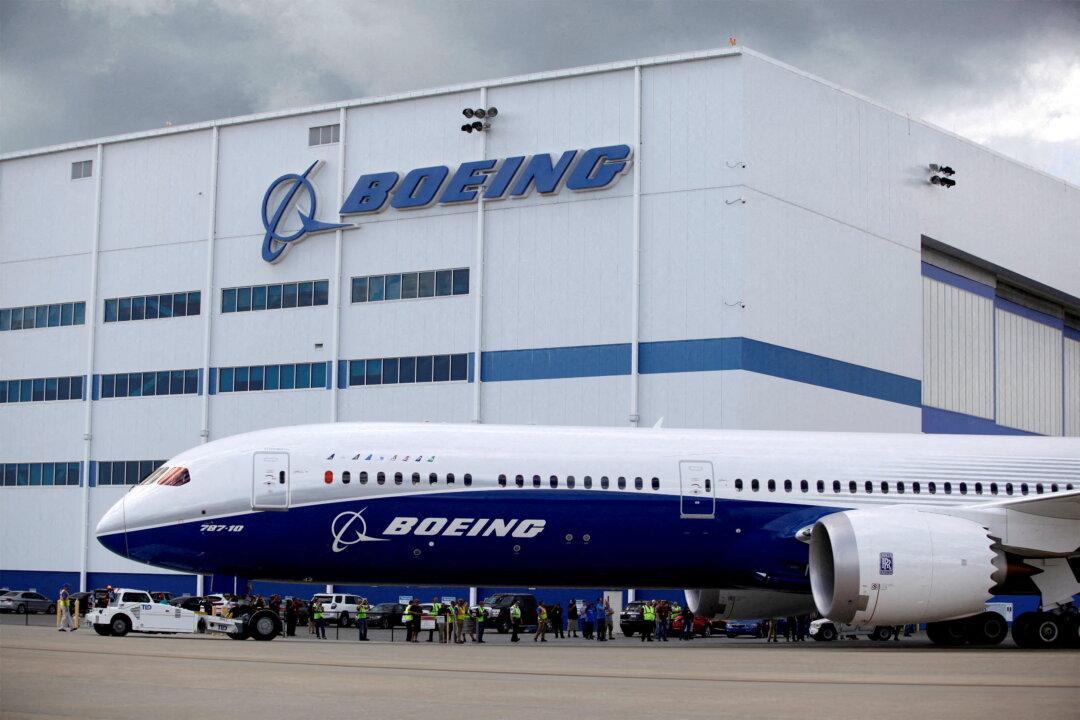Wisk Aero, a U.S. electric air taxi developer, has secured $450 million in new funding from Boeing, according to a Jan. 24 press announcement.
The California-based Wisk is working on the development and certification of an electric vertical take-off and landing (eVTOL) aircraft for future pilotless flying taxis.





